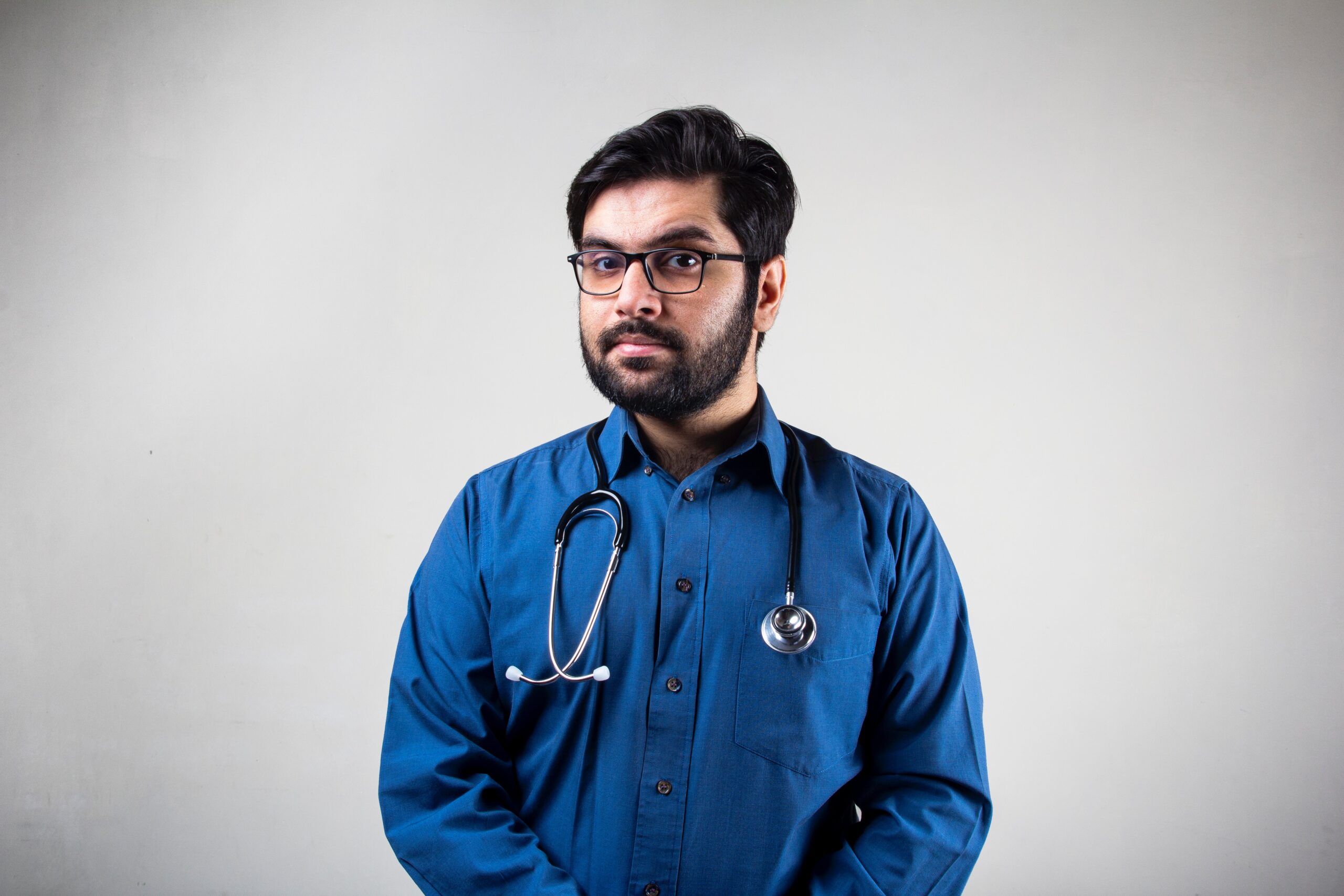Acute disorders
Most are pretty aware of acute illnesses or disorders such as allergies, asthma attacks, diarrhoea, respiratory infection, fever, heart attacks, vomiting, back pain, trauma, and even urinary tract infections. Acute conditions often require a short course of treatment. However, this is where men tend to typically downplay their symptoms and delay seeking care from doctors. It’s important to note that any delay in seeking care for some of the above conditions could be life-threatening.
Chronic health issues
However, an even greater concern these days is chronic health disorders. Unfortunately, these conditions are on the rise. In fact, by the age of 40, most men and women are living with one or another chronic health issue though many may not even be aware of it. This only underlines the importance of frequent health check-ups.
Thus, when it comes to chronic health issues, more than one-third of adults are living with high blood pressure, one-fifth with diabetes, one-third or more with high cholesterol, others with chronic asthma, allergies, skin issues, mental health problems, sexual health issues, prostate problem, and more.
Top causes of ailments and death, and the importance of regular screening
Chronic disorders are a “silent killer,” as they might not cause any symptoms initially, but if they are ill-managed or ignored, they ultimately lead to more severe and life-threatening issues. Like high cholesterol may not have any symptoms till the first heart attack. Hence the importance of regular health screening.
It means that one should consider screening even in the absence of any health symptoms. It is especially true for high-risk individuals with a family history of certain diseases and older than 30 years of age. All individuals above the age of 40 should consider once-a-year health screening even in the absence of any disorder.
Below are the screening guidelines for men older than 40 years of age or high-risk individuals (like family history of heart disease, cancers, etc.) above the age of 30:
Blood pressure screening
Even if you are non-hypertensive(within normal range), you must have your blood pressure checked by a doctor regularly ; however, if your top numbers are between 120-139 mm Hg and lower numbers between 80-89 mm Hg, then you should undergo general screening annually.
Additionally, those living with kidney health issues, diabetes, and other chronic ailments should also undergo screening for hypertension annually.
Cholesterol and screening for heart disease & diabetes
Heart attack and stroke are the two leading causes of death in the Malay peninsula. Hence, all men above the age of 35 should assess their cholesterol levels. If your last report was normal and you do not have a family history of a heart attack at a young age, you should still undergo screening every five years.
However, if you are obese, living with diabetes, or have kidney issues, then you should undergo screening more frequently. Quite often, doctors would not only check cholesterol, but they would also screen for various other common health issues like diabetes, kidney disease, liver abnormalities, and more.
Cancer screening
Experts recommend regular screening for certain cancers like colorectal cancer, prostate cancer in men, breast cancer in women, and more in high-risk groups or as you age. However, cancer screening is complex, as the screening methods used varies depending on the cancer of concern. s. For example, for prostate cancer, a blood test may be enough in combination with a digital rectal exam. However, colorectal cancer screening may require stool tests, colonoscopy, and more.
Eye examination
It is not just about checking visual acuity but also understanding glaucoma risk. Certain eye tests may also help screen for vascular changes, diabetes complications, and more.
Infectious diseases screening
Some infections like hepatitis C, chlamydia, or even HIV may not produce any symptoms for years. Hence, screening for infections is a good idea if you have a history of high risk behaviours
Immunization
General health care also means getting vaccinated for some common infections like getting a flu shot, booster dose for covid-19, and pneumococcal vaccine. Respiratory infections are among the leading causes of death in Malaysia.










